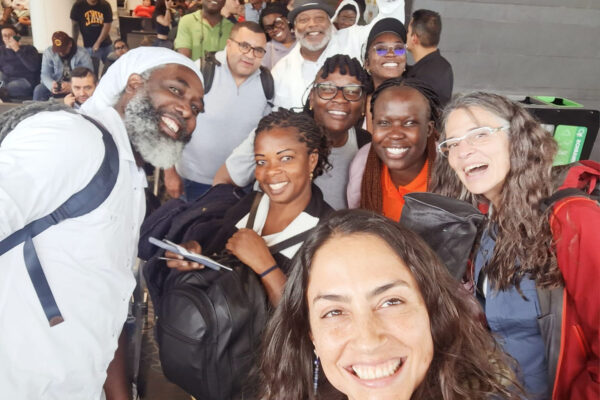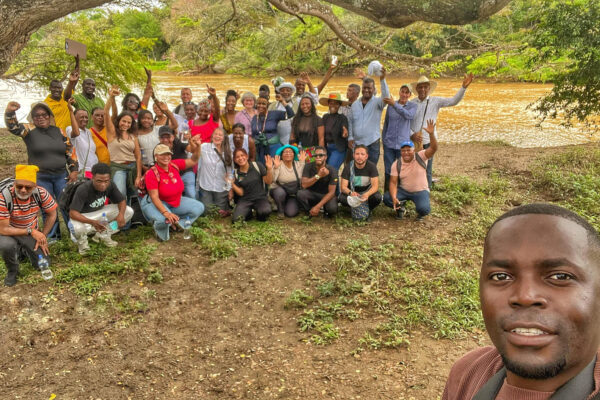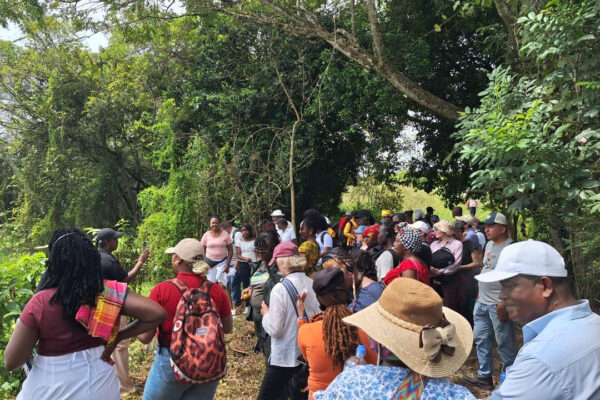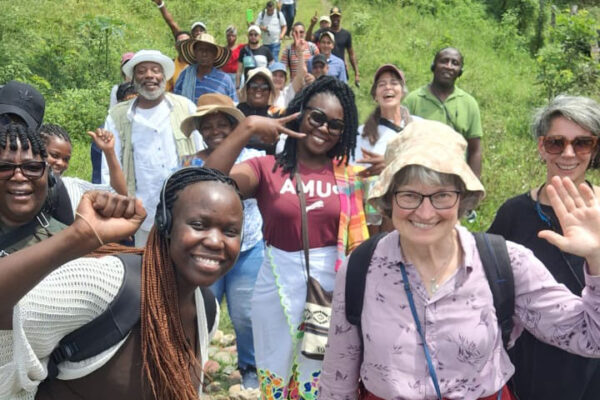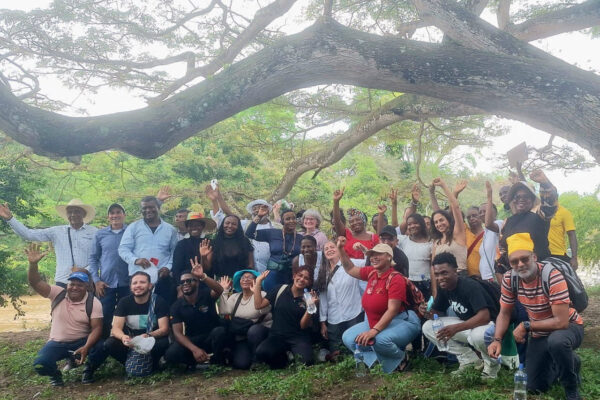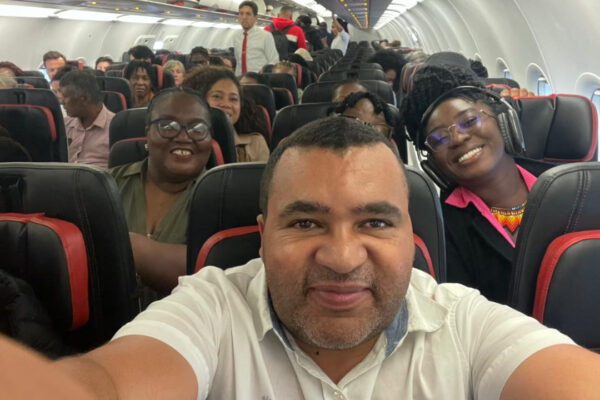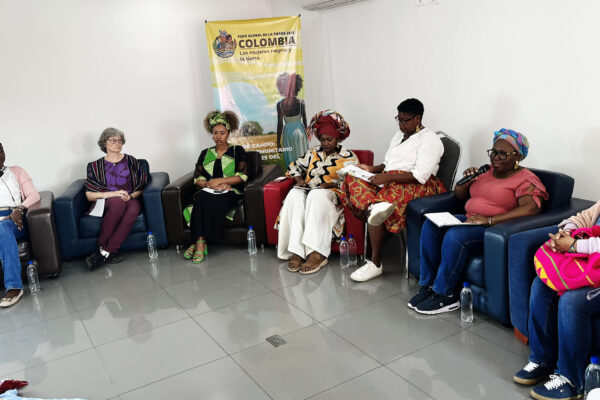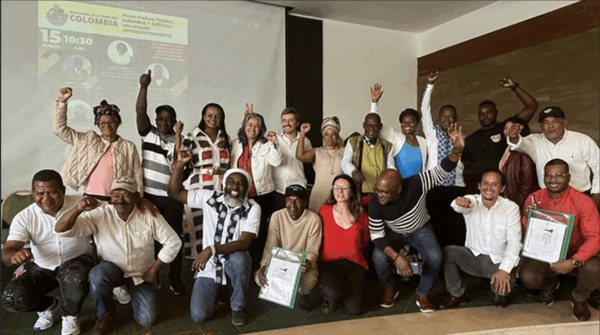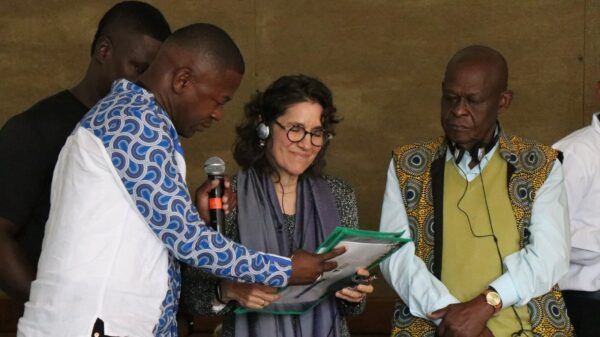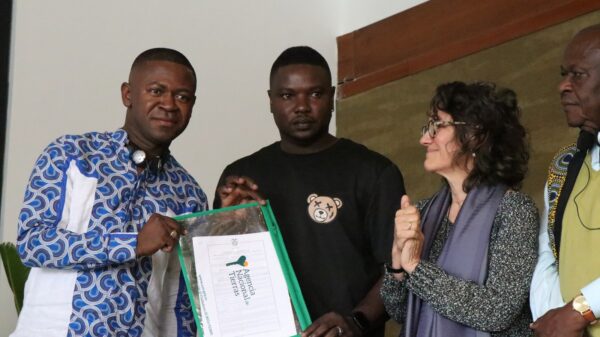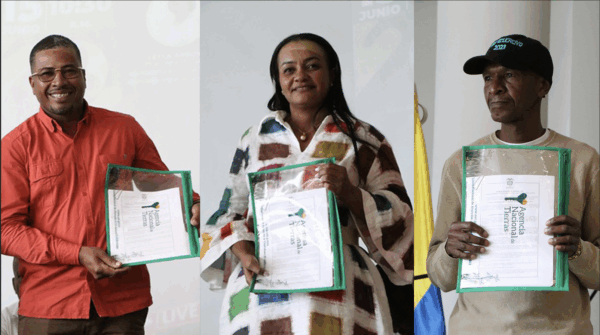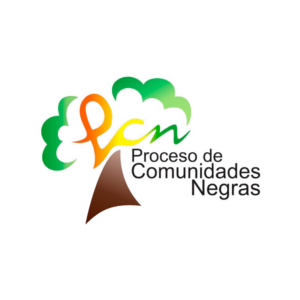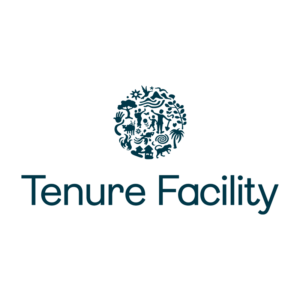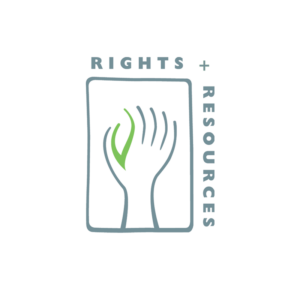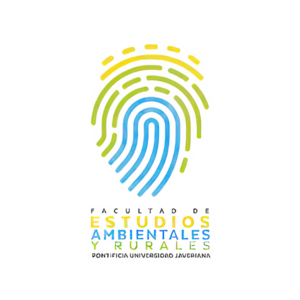The Afro Women’s Community Council of Patía California is an Afro-descendant community created in 2020 and organized under the figure of a Community Council, in compliance with the guidelines of Law 70 of 1993 of Colombia. It has a population of 80 people (72% are women) and is made up of 30 families.
This is the first community council formed exclusively by women, highlighting its matrifocal structure and its own governance model. Through collective decision-making, the community has strengthened its territorial autonomy and the preservation of its ancestral practices, with active female participation in the management of the territory.
In 2024, the Council obtained the collective title of 99.3 hectares through the National Land Agency (ANT), consolidating rights over an ancestral territory of 1,633.4 hectares historically occupied by the community. These lands, previously provided provisionally by the Colombian Institute for Rural Development (INCODER), are essential for the subsistence, social cohesion and cultural development of the Afro-descendant community.
